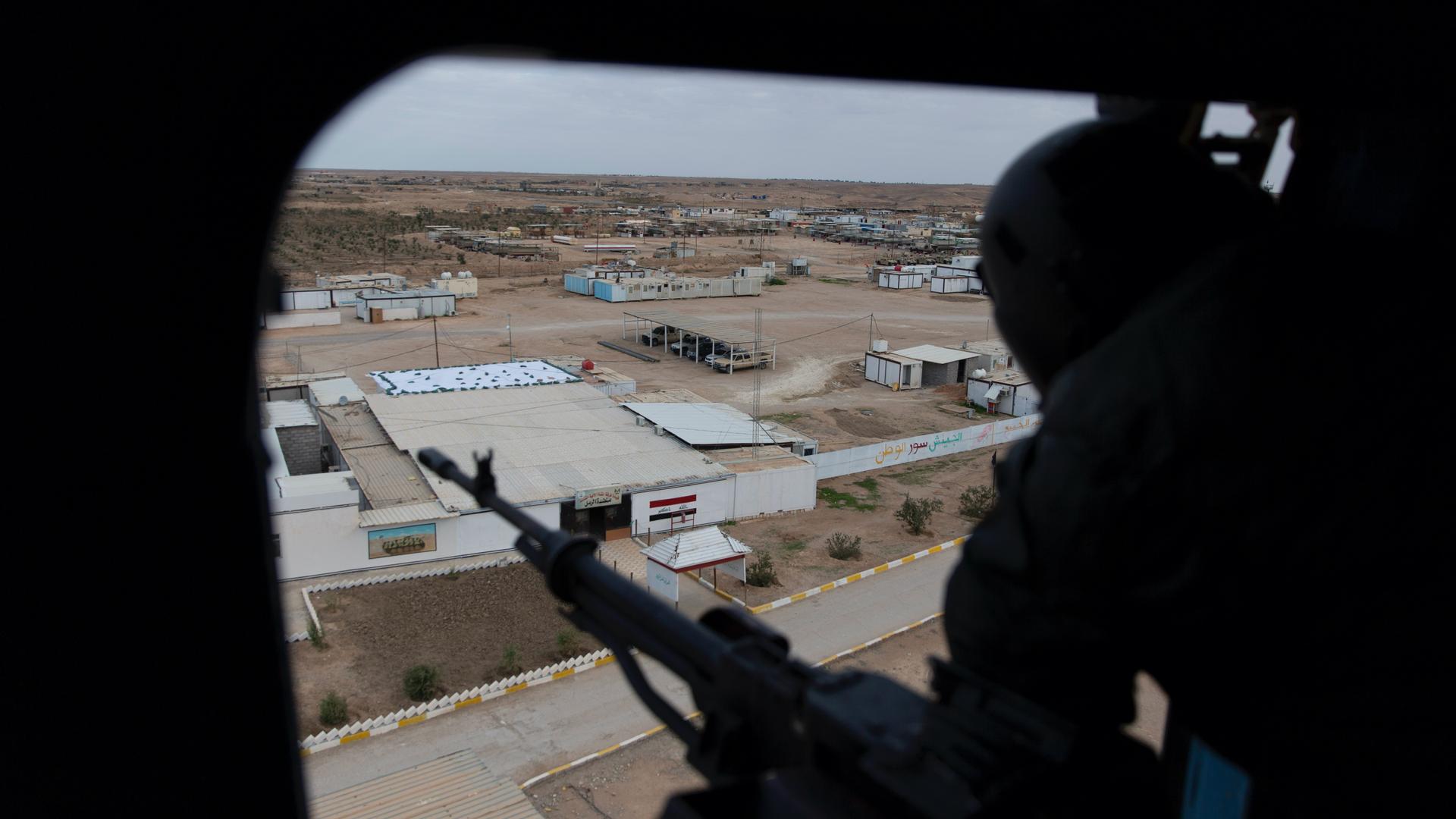As the US finds itself embroiled in the war in Ukraine, though not with troops, we are reairing our series, “How Wars End,” about the lack of resolution in wars around the world.
To understand what has changed about warfare, The World’s host Marco Werman spoke on Monday with two academics who were key to the series, Stephen Biddle of Columbia University and Monica Duffy Toft of Tufts University.
Although wars continue to be difficult to end, with the “last true victory” in World War II, Toft said, some tactics have changed — especially as it pertains to authoritarian states.
For instance, Russian President Vladimir Putin is trying to “depopulate” Ukraine, Toft said, resulting in widespread devastation, or “dead cities.”
Putin can’t change people’s minds, so he is “having to resort to, sort of basically, barbarism,” she said.
His actions, and the current climate, raises another big question: What is the meaning of victory?
“What we’re seeing now is the mediation of cyberspace, social media, however you want to put it, allowing for different leaders and populations to accept different interpretations of victory,” Toft said. “And I think that you’re only going to see that intensify.”
For instance, what if Putin just declared victory?
“He’s got control of the media space in Russia,” she said. “And so, I think that that has intensified this ability to sort of change the meaning of victory and sort of mold it, saying, yes, we’ve won and perhaps persuade the populations that that’s the case.”
Biddle agreed.
“We were pretty harsh back in the original show on the United States for viewing war as something more akin to a football game. That’s not the way real war works. War isn’t a game. If the defeated side doesn’t accept the political settlement that’s on offer, the war doesn’t end. It just transmogrifies. It becomes guerrilla insurgency or other things,” he said. “Today, we get the opportunity to observe Vladimir Putin making literally the same mistake, albeit at even greater human costs.”
To hear their full conversation, click the audio player above. And, listen to our “End of War” series below, which is airing this week and will be updated as the series continues.
The end of war, part 1: The Iraq War
Wars often end without clear winners and losers, with conflict lasting generations. In a series that originally aired in 2008, Jeb Sharp looked at why the Iraq War didn’t end with the US capture of Baghdad.
Here’s part one, which has been updated to reflect current events.
The end of war, part 2: America’s Civil War
Jeb Sharp explores America’s Civil War, and how the fight over race and civil rights continues to this day.
The end of war, part 3: World War I
Jeb Sharp explores World War I and how Germany’s defeat in 1918 and the harsh terms of surrender created a new enemy.
The end of war, part 4: The Gulf War
Jeb Sharp explores the first Gulf War and the turmoil it unleashed, which continued long after the US declared victory.
The end of war, part 5: The Bosnian War
In the last episode in our five-part series, Jeb Sharp explores the Bosnia War, where the cost of peace was ethnic divisions and required making deals with evil men.
